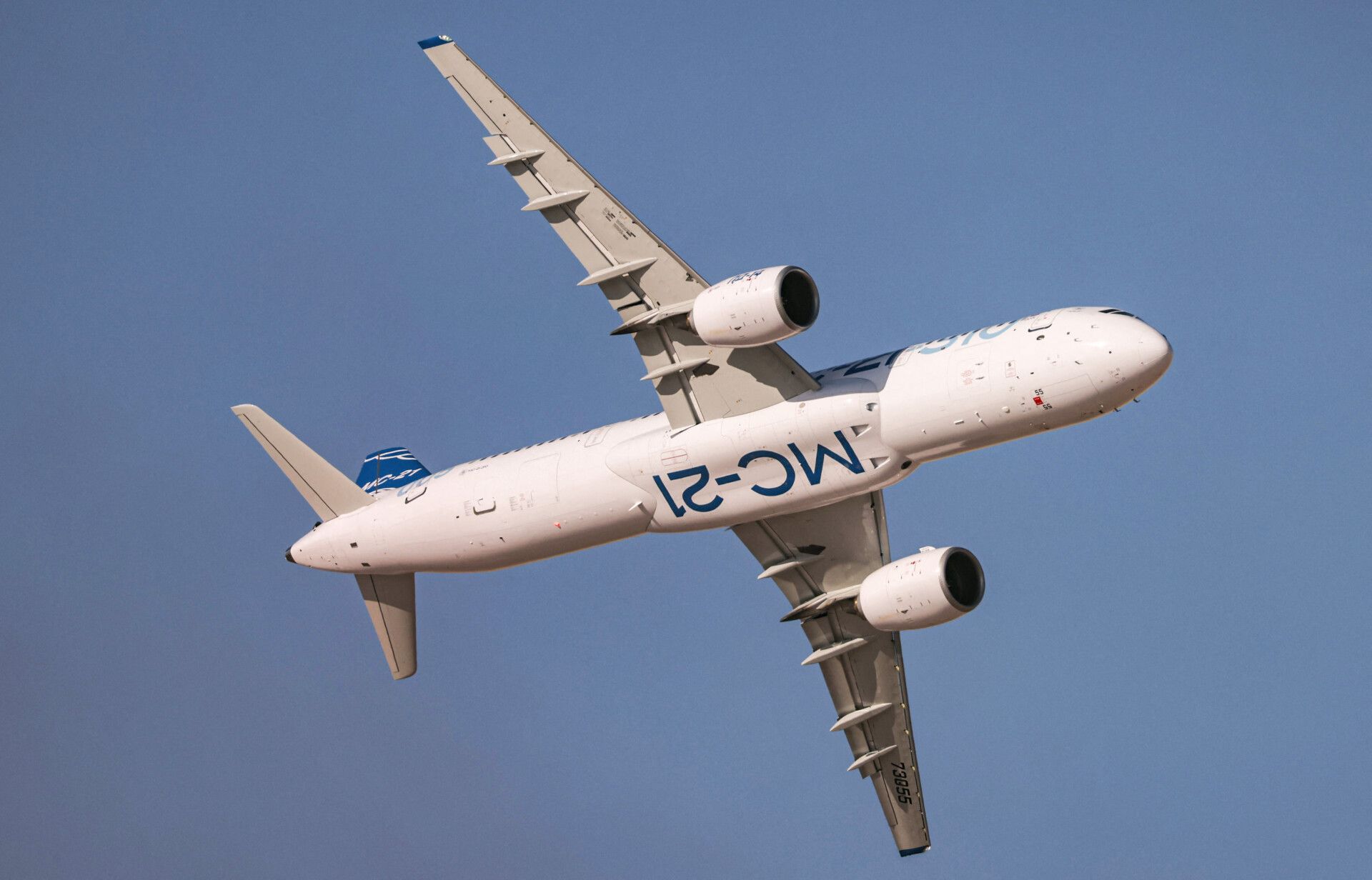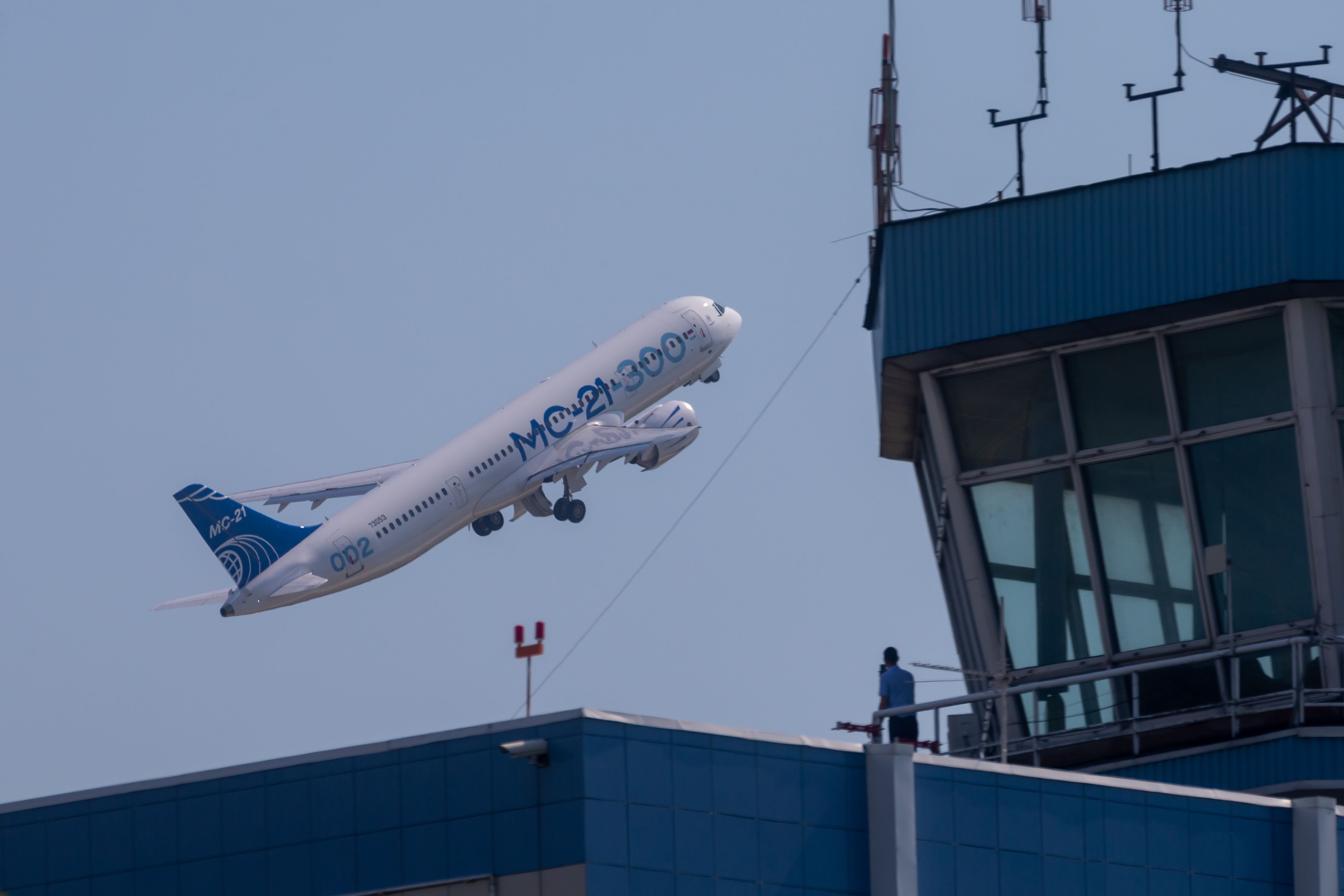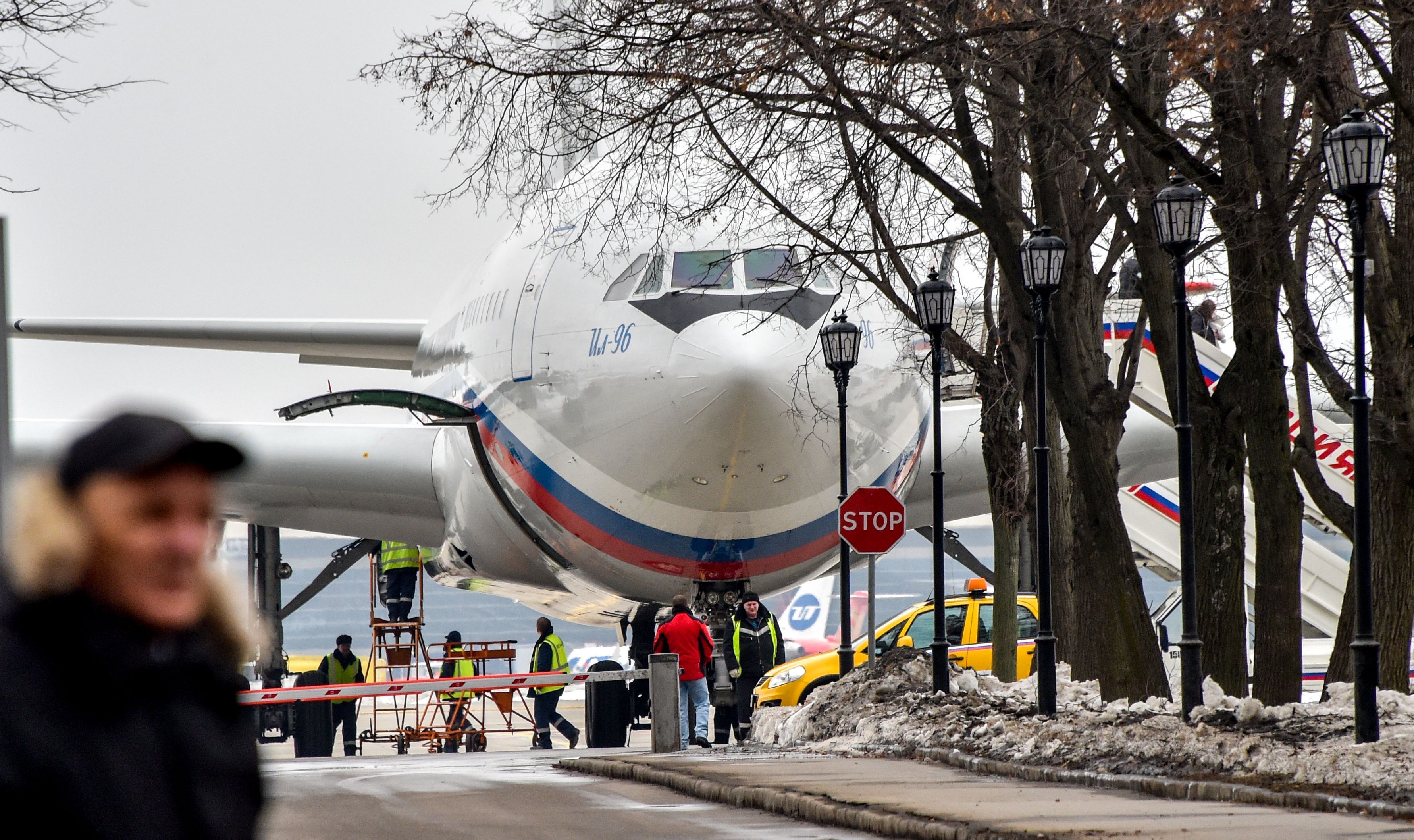As Boeing, Airbus, and Embraer have cut off supplies to Russian airlines and the country finds itself more and more isolated as a result of the Kremlin's invasion of Ukraine, the government is leaning into the opportunity to promote its domestic aircraft.
Already forced to develop Russian-built engines and composite parts for the aircraft due to previous sanctions on materials, the new withdrawals from the market by international OEMs in protest to the war may prompt a speedier development of the new narrowbody flagship project MC-21.
Russian Deputy Prime Minister Yuri Borisov visited Aviastar, one of the largest manufacturers of aviation equipment in Russia and the CIS, on Wednesday, March 16th. While acknowledging that the MC-21 project was now complicated as it was initially planned to depend on international cooperation, he said work had not been suspended. Aerotime Hub quoted Borisov,
“There is no pause in the work of enterprises and there will not be. Everyone continues to work. Let me emphasize once again that we are speeding up the implementation of our flagship projects MC-21 and SSJ-100.”
Delivery planned for September
The MC-21 received its initial type certification in December last year. Irkut, the plane's manufacturer, aims to deliver the first aircraft to Rossiya Russian Airlines in September 2022. The exclusively Russian airlines that have ordered the aircraft may not be keen to add to their fleet and capacity at the moment.
However, depending on the longevity of the current situation, they may be glad for the alternative in the years to come. And it may end up having a better passenger experience than the Airbus and Boeing rivals in the segment it is taking on.
Meanwhile, the head of Rostec, the state-run umbrella corporation for all things related to the Russian aviation industry, Sergei Chemezov, declared that he did not exclude a revival of the commercial programs for the Tupolev Tu-204 and Tu-214, and the widebody quadjet Ilyushin Il-96. Mr Chemezov was quoted by Russian news agency TASS,
“In the context of serious restrictions on the operation of foreign-made civil aircraft, large-scale tasks are facing the domestic aviation industry. Moreover, they must be solved in a very tight time frame. This primarily concerns the expansion of the production of existing aircraft. In addition, it is necessary to consider the possibility of resuming the serial production of medium-haul Tu-204/214 and the Russian wide-body airliner Il-96."
When will we see it outside of Russia?
In Russian media, it is forbidden by law to refer to the ongoing invasion as a 'war'. The term, unless you wish to risk spending 15 years in prison, is 'special military operation'. Meanwhile, the sanctions against Russia from the West are being referred to by Putin as a 'blitz', echoing terminology from World War II.
Whatever role semantics may play in shaping our experience and perception of ongoing events, it is still uncertain how they will affect Russia's slowly re-emerging aviation industry. As much interest as the MC-21 may have generated, and even if it is, as Putin has said, better than its Western counterparts "by many parameters," the only way to experience one for a long time may be to travel on Russian domestic routes.



